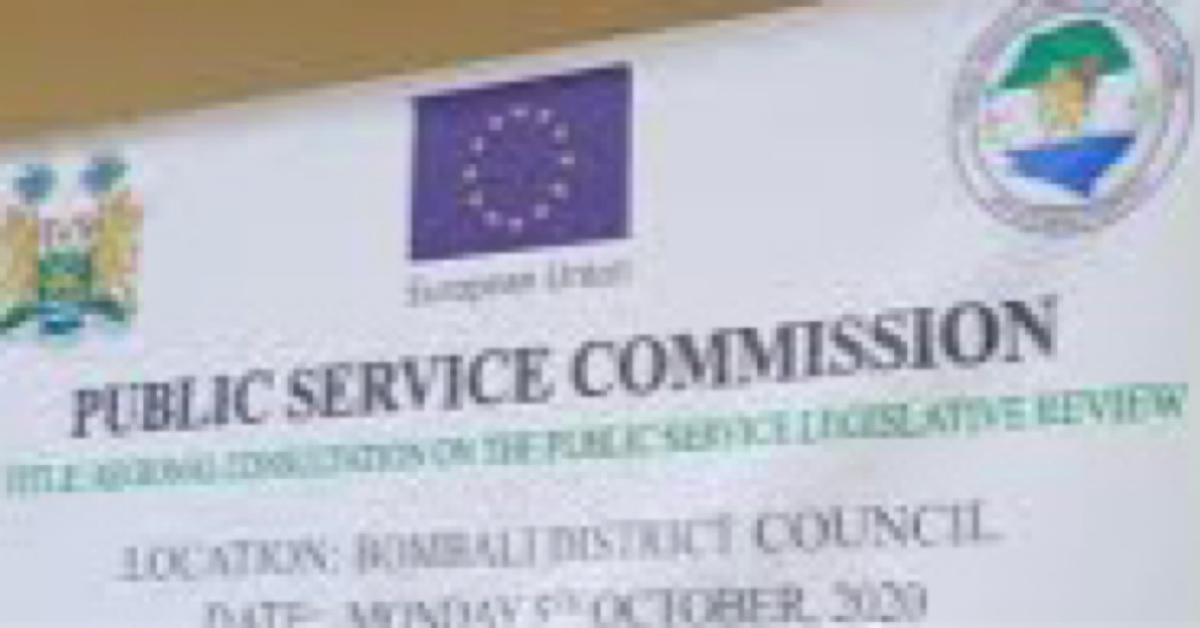The Public Service Commission (PSC) of Sierra Leone has announced a Stakeholder Consultative Meeting on the draft Public Service Policy.
The meeting is scheduled to take place on Tuesday, August 13th, 2024, at the Foreign Service Academy, Tower Hill, Freetown. This pivotal gathering marks a crucial step in the ongoing efforts to enhance and modernize public service delivery across the nation.
The primary objective of the consultative meeting is to gather valuable insights, feedback, and recommendations from a diverse array of stakeholders, ensuring that the draft Public Service Policy aligns with the needs and expectations of all involved parties. By adopting an inclusive approach, the PSC aims to create a policy that not only meets the current demands of public service but also anticipates future challenges and opportunities.
The draft Public Service Policy seeks to position the PSC as the leading authority responsible for the development of human resource policies, while also providing regulatory and oversight functions in the management of the Public Service. This policy is intended to serve as the foundation for establishing a comprehensive legal framework that will govern the management of the Public Service in Sierra Leone.
Specific objectives outlined in the draft policy include clarifying the institutional relationships between the PSC and other Act-based Commissions and Agencies with overlapping mandates, revisiting the statutory role of the PSC to expand its regulatory and oversight responsibilities, and the enactment of the first-ever Public Service Act of Sierra Leone. The policy also emphasizes the need to review and update the Public Service Regulations of 1982 to reflect contemporary human resource management practices within the Public Service.
Furthermore, the draft policy highlights the importance of mainstreaming gender and disability issues, as well as digitalization, into the ongoing Public Service reforms.












This is a developmental tool for growth
Amonazation of salary to all citizens , equal wage to all certificates to avoid corruption. Example a man with Bachelor in school expecting to leave for state house or finance sweeping job . A director is paid NLe 25,000 and deputy is paid NLe 1,000 imagine the difference. These are injustice provoking corruption.